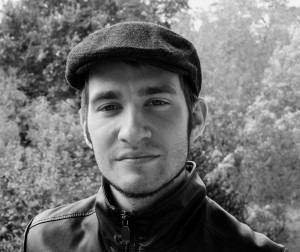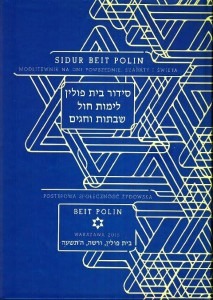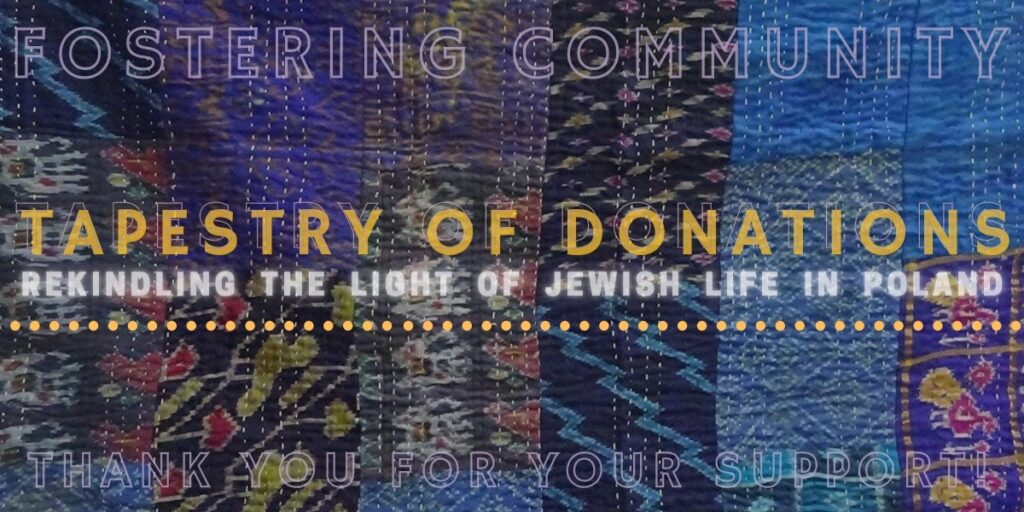No book reveals more about the state of a Jewish community than its siddur. The siddur reflects the community’s perception of the Divine, its understanding of the covenant between the Eternal and Israel, and its self-perception. For that reason, a new siddur is normally associated with the changes in the religious observance of the community that publishes it. Unlike other siddurim, Siddur Beit Polin, new siddur of the Union of Progressive Jewish Communities in Poland does not merely reflect changes in the life of a community; it testifies to the rebirth of Polish Progressive Judaism. As the first progressive prayerbook published in Polish after the fall of communism, it enables the Polish Jews to engage in prayer with the help of the siddur which stems from their experience and answers to their religious needs. One might ask himself a very Pesach-esque question: how is this siddur different from other siddurim? What makes it so special? And just like during the Pesach Seder, one finds out that differences are manifold.
Firstly, the language of Siddur Beit Polin enhances the inclusion of all Jews into the communal life. It is the first siddur published in Polish to include matriarchs in its Amidah. Moreover, it is sensitive to the needs of Jews with a movement disability by offering an alternative way of calling up to the aliyah, a way which does not refer to standing. The siddur also includes transliteration into Polish, which enables the congregants without sufficient Hebrew profficiency to take an active part in the prayer.
Secondly, Siddur Beit Polin offers new Polish translations of Hebrew prayers, which faithfully convey the meaning of the Hebrew text in beautiful, modern Polish. Importantly, the siddur does include problematic texts of our tradition like Akirat Zadon in the Amidah, and offers Progressive interpretation of these verses in its commentaries. This allows the Polish Jewish community to develop a deeper understanding of the underlying values of the Progressive movement.
Thirdly, Siddur Beit Polin contains numerous tips that describe the order of the prayer in great detail. These meticulous explanations make the congregants feel comfortable in the synagogue, regardless of their level of Jewish literacy. They also reflect participative character of the Polish Progressive congregations, which put a great emphasis on the active involvement of their members in the synagogue life, and educate their congregants to become shlichei tzibbur.
Fourthly, Siddur Beit Polin incorporates the heritage of Progressive Judaism from the United States and from Israel. One of examples of an adaptation of these distinctive traditions is the translation of Debbie Friedman’s Misheberah for the Sick which is sung in Polish to the melody composed by Friedman
Finally, Siddur Beit Polska does not shy away from including non-religious texts which occupy an important place in the development of a modern Jewish identity. Thus, texts by Chaim Nachman Bialik, Hanna Szenes and Arik Einstein are to be found in the siddur along traditional prayers.
I believe that the publication of Siddur Beit Polin testifies to the rebirth of the Progressive Jewish life in Poland. I am entirely convinced that it will contribute to the further growth of Polish Progressive congregations. I am also sure that Polish Progressive congregations will, with time, amend it by adding texts that describe their unique Polish Jewish perspective. As a rabbinical student from Poland, I am looking forward to leading many services with this siddur.
M. Kirschenbaum, Rabbinical Student at Abraham Geiger Kolleg, Potsdam, Germany.




Leave a Reply